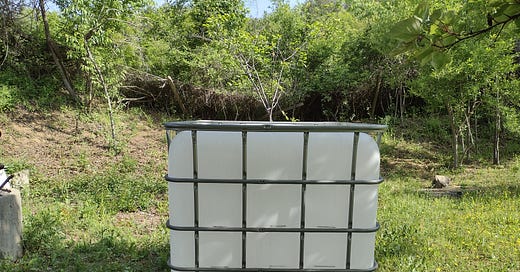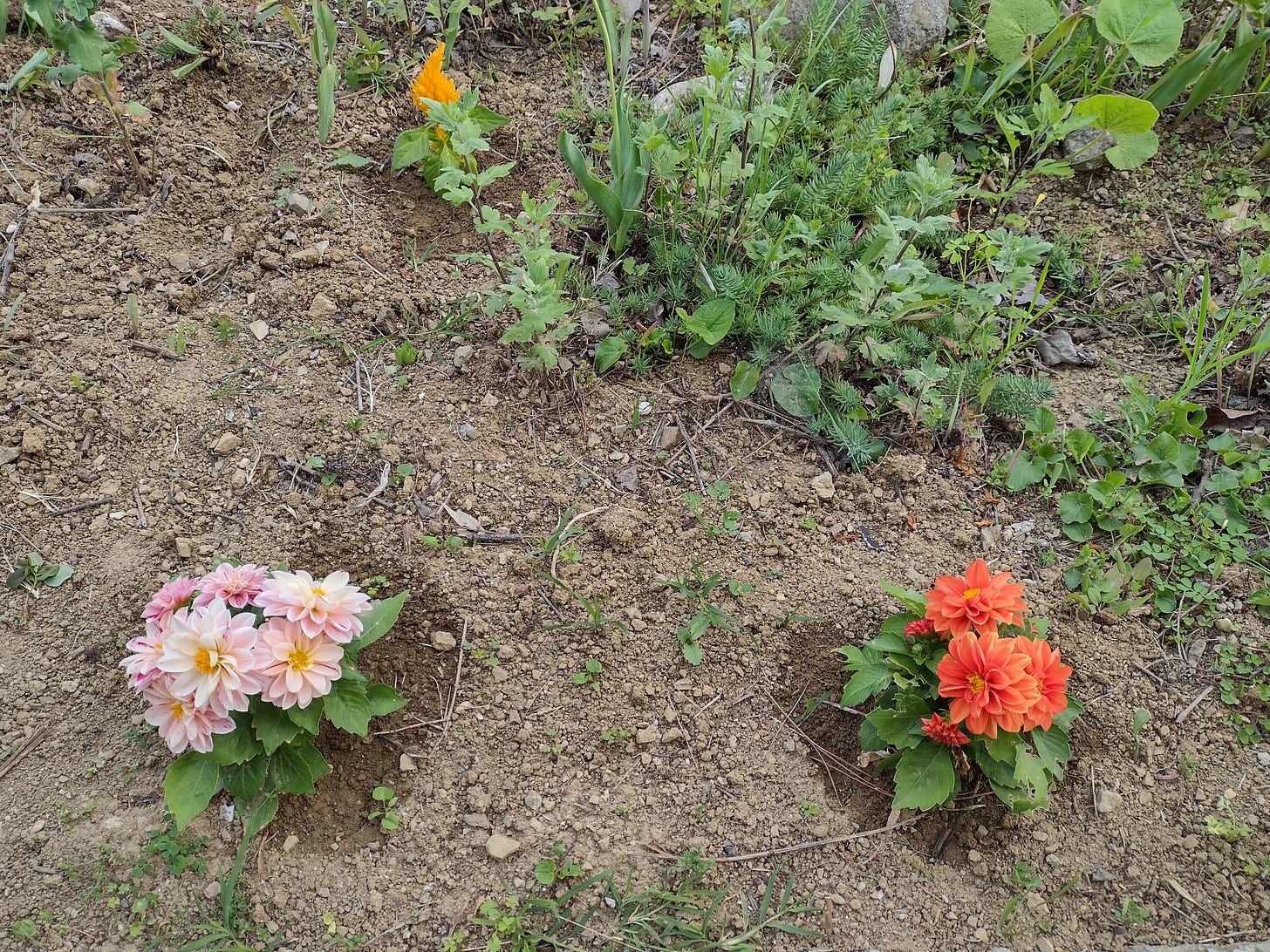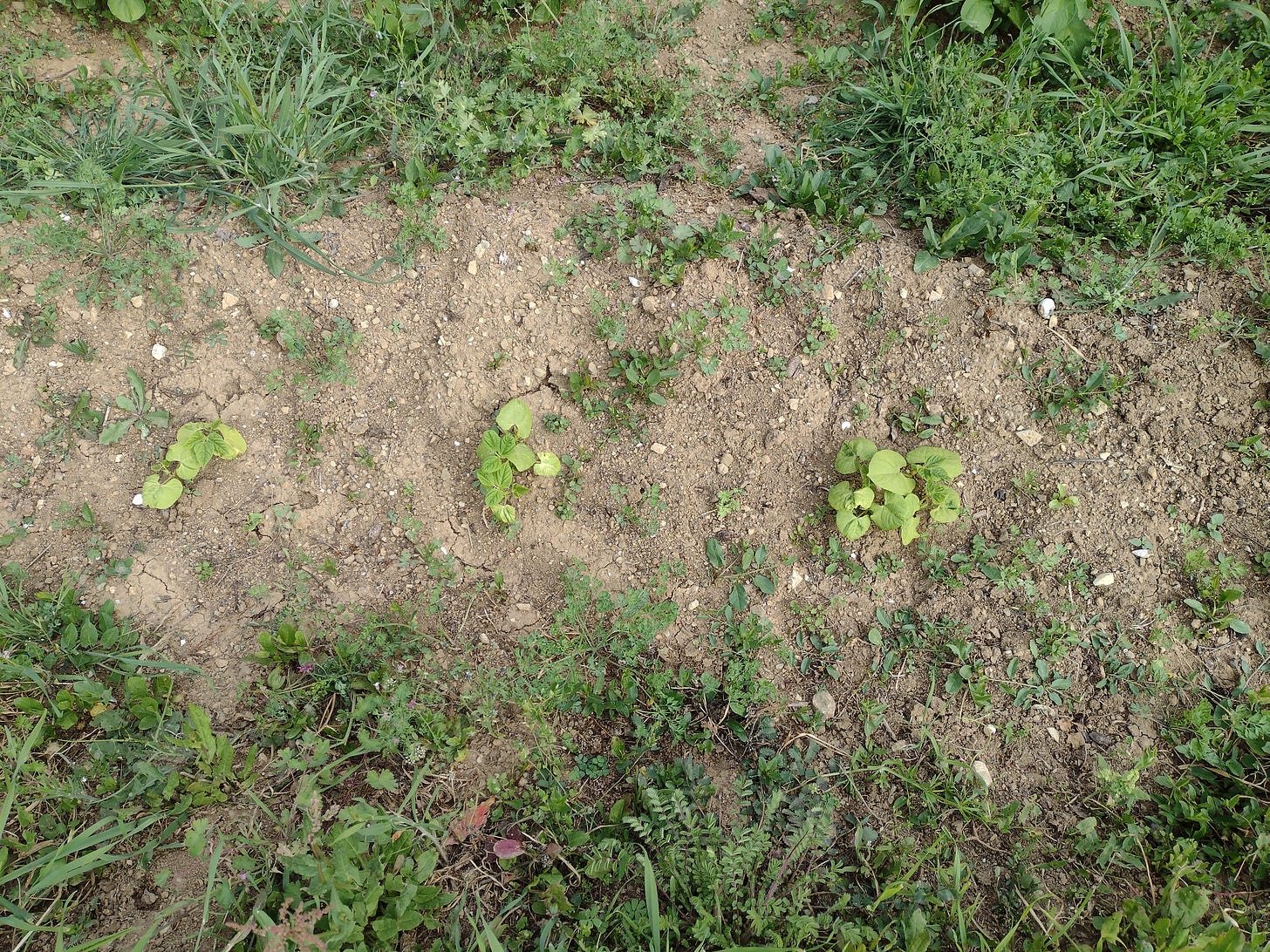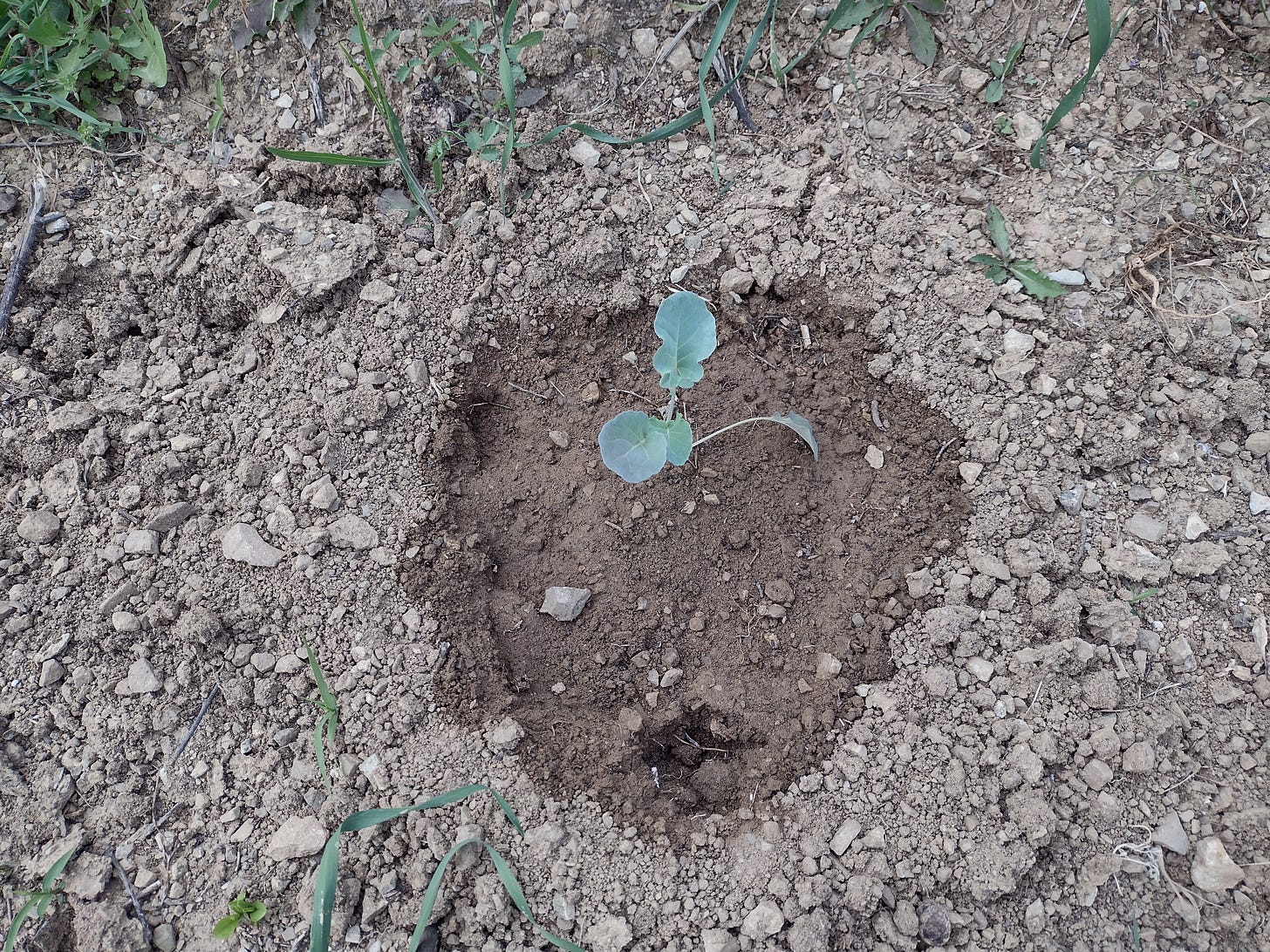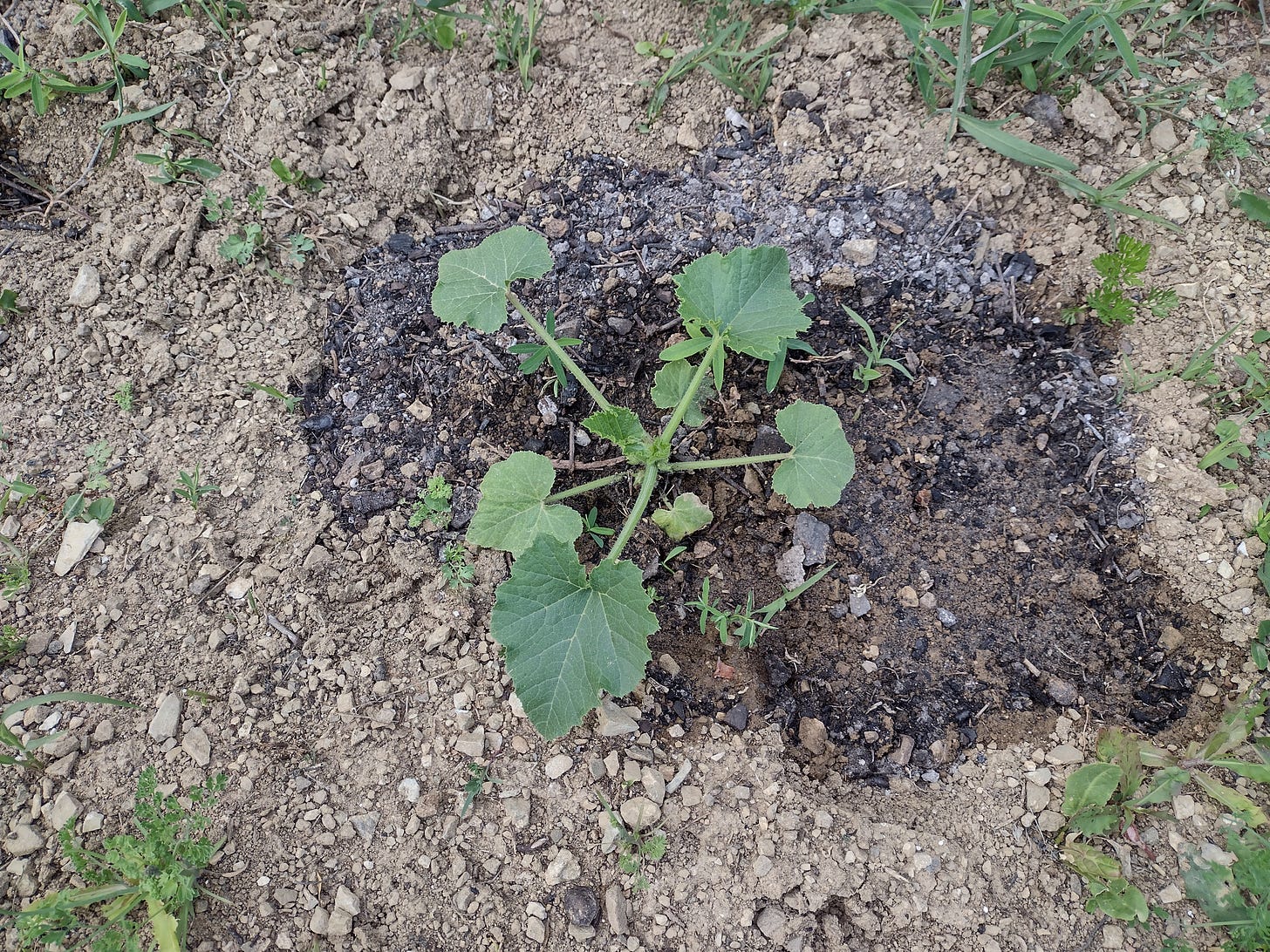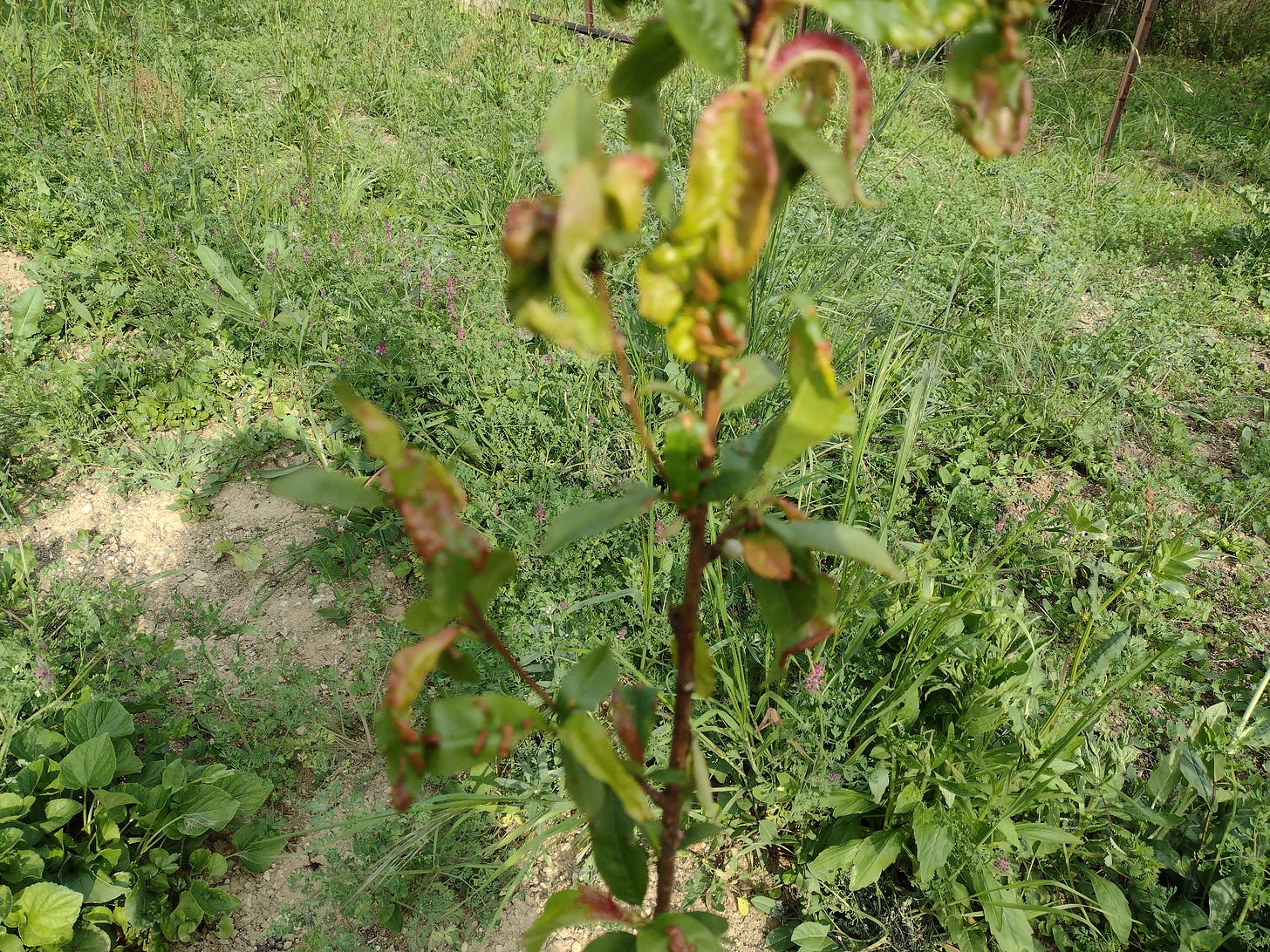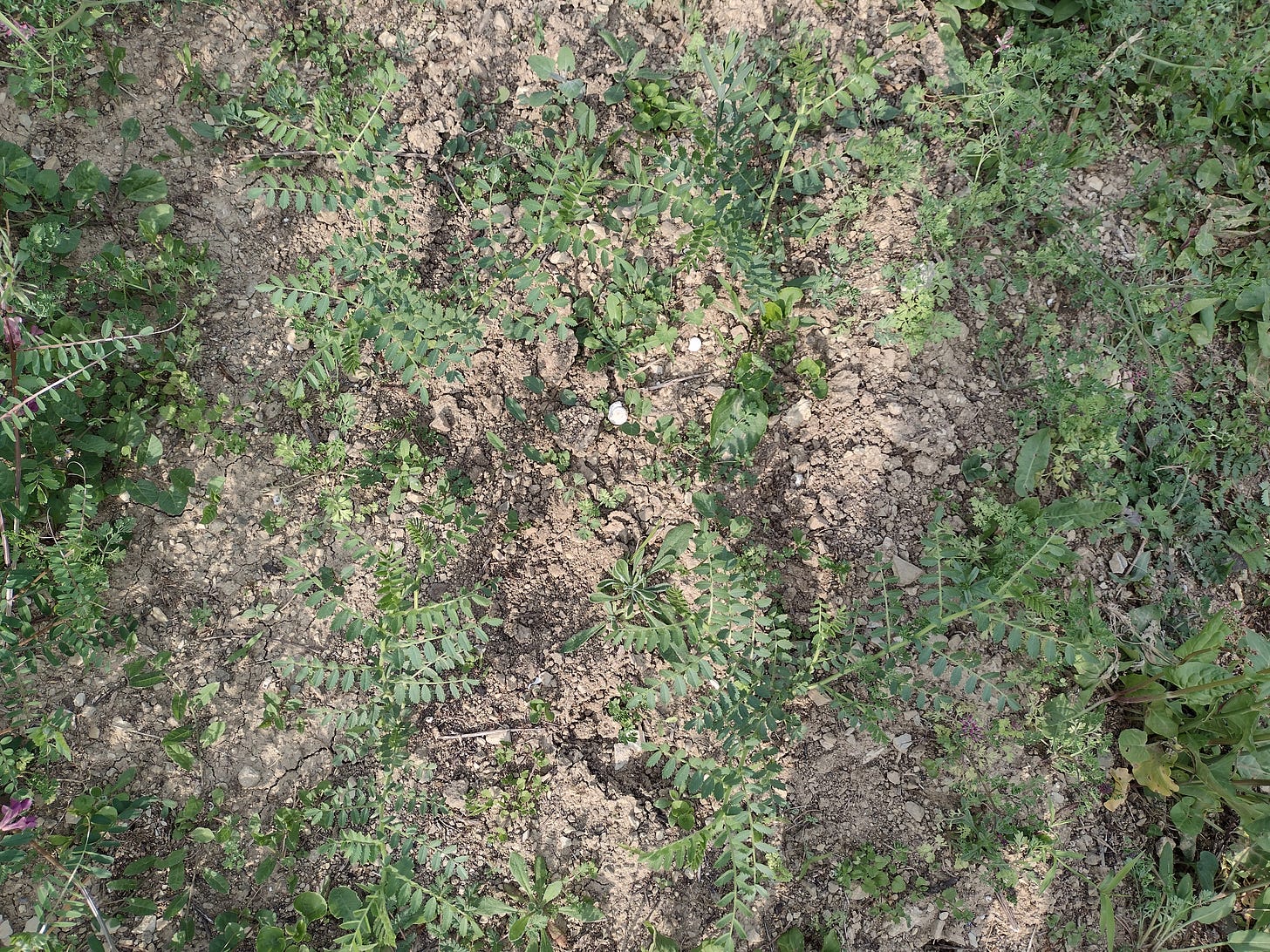We’ve mentioned before that Dalboki is in a drought-prone area, which could be quite a hassle during a dry year. Especially if you’ve made all those vegetable-growing ambitious plans.
You’ve made beds for the vegetables at the expense of back pain (from the cultivator) and blisters (from the rake and shovel).
You’ve assigned places for every vegetable.
You’ve made a crop-rotation table because you will definitely forget what was where by 2024 because who knows what new plague will descend on the world by then and why waste all that wonderful nitrogen that the beans will help produce? And with crop rotation you never have to wonder why something doesn’t grow in bed C6, having forgotten you planted potatoes there last year.
You’ve lined up the fertilisers and expanded the compost pit. And bought a new bucket to make compost tea in.
All you need now is rain, because using tap water for the garden is, first, illegal and, second, expensive.
Irina: I was prepared to break the law. The whole village is doing it and they’ve got tomatoes and stuff.
Cat: But what if we run out of water?
Water outages are not uncommon, so we have accumulated a strategic water reserve, both for watering plants and for washing purposes. Five- and ten-litre plastic water bottles are an invaluable asset for any country house in this part of the world. One can only appreciate the convenience of a flush toilet if there’s something to flush it with.
For plant-watering, we had a reserve of about 500 litres in the form of one 100-litre container, an old water barrel of about 200 litres and a 300-litre wooden barrel that looks like it has been used for wine-making in an era far in the past.
This amount may sound like a lot but when two years ago July and the Great Heat came we quickly learned it’s not. And we learned it when we only had a few odd plants in the garden, nowhere near the current ambition. It’s a good thing that besides water barrels there are such things as water tanks.
This pretty boy can hold 1,000 litres of water. Added to the existing reserve, it will solve all our problems for this watering season. Provided it rains, of course.
Irina: It will stop raining. Now that we’ve bought it, the rains are over.
Cris: They’re not, it’s still May.
We had some heavy rains in April and early May, which translated into water lost because there was nowhere to capture it. There is indeed still time before July heat hits and this will be a time for hope. Or law-breaking plotting, not that anyone persecutes current law-breakers.
If it rains, these beauties will remain lush and perfect for months.
Thanks to Pretty Boy Tank, these will secure our bean consumption for at least a couple of months. And yes, the war on weeds is the epitome of an attrition war.
Also thanks to him, this little guy will grow into a magnificence of leaves with a treasure of vitamins and other goodies in the middle known as a broccoli.
With Pretty Boy Tank’s help, these pretty ladies will give us a nice menu diversification because there are dozens of ways to cook courgettes and the results are always delicious.
Even this tiny little thing that is out of focus but is, in fact, a baby peach, will get a chance on her poor diseased tree thanks to Tank. (The tree was already diseased when we bought it and there’s nothing we can do until autumn. Yet it bloomed and it produced a fruit in its first year. We took it as a good sign.)
Even these guys, which don’t require much water, will probably be happy to get some when the chickpeas start filling out.
Now all we need to do is put Pretty Boy Tank in his permanent place of residence and hope for rain.
Fun fact: Bulgarian is a heavily gendered language, meaning even non-humans and non-animals are a he or a she, unlike in English. So, dahlias are shes and potatoes are hes. A peach is a she and a chickpea is a he. A broccoli is a he and a courgette is a she (as it is in its native French, we suspect). Languages are awesome. But water is more awesome.

